Froebel Education and Learning with the Spielgaben
Froebel Education and Learning with the Spielgaben: The modern day kindergarten which we all know owes its beginnings to a German educator named Friedrich Frobel. Froebel created a program in 1837 which was based on several overriding principles and became the foundation for kindergartens everywhere, as well as several educational philosophies which are still driving programs today. Froebel education is still thriving today and its influence is the basis for many different early childhood education programs.
Froebel Education
Froebel coined the term kindergarten, which basically translates to infant garden. He believed that teachers and parents were the gardeners of children’s potential, and that all children possess unique capabilities and needs. The foundation for his approach to education was to basically provide a stimulating and prepared environment which would allow children to develop and explore learning from their own perspectives.
The Froebel education theory consists of four main principles: motor expression, social participation, free self expression and creativity. Froebel did not believe in learning as a structured and rote task, but as a means of leading children to become curious thinkers and problem solvers. He believed that play was the best means to develop a child’s intellectual, social, emotional and physical development and this was the basis for all his work with children.
Froebel’s Gifts and Occupations
Since Froebel so strongly believed that play was the means for which children learned and flourished, his kindergartens were prepared environments where toys and activities were created to stimulate intellectual curiosity. During the school day, children were provided with certain toys and activities and allowed uninterrupted time to explore these items and create understanding and connections.
Froebel created a set of toys, which he referred to as gifts. The gifts were sets of geometric blocks, created to allow children to explore shapes, geometry, building and design. The gifts appear to be simply designed, but are in actuality a sophisticated approach to development and conceptual learning. The blocks are presented in sets, where one concept builds upon another.
The Occupations that he presented were things that children could manipulate and revise, such as clay, sand, and beads. Through play with these types of materials, children could learn a great deal through investigation and observation.
Many of history’s great thinkers such as Albert Einstein, Frank Lloyd Wright, Paul Klee, and Buckminster Fuller were educated with Froebel’s materials and philosophies as young children.
The Spielgaben
The Spielgaben is a set of toys based on the work of Friedrich Froebel. They are designed for use with very young children by parents and educators. The purpose of the Spielgaben toys is to bring children back to the type of learning that will truly stimulate their development through uninterrupted play and discovery time.
Today’s children spend a great deal of their time being entertained through electronic devices. These devices often pacify children but do nothing to stimulate their minds. By taking our children away from these electronic pacifiers, we can return them to the activities that will lead them to deep intellectual development. The Spielgaben is just that toy.
The Spielgaben and Froebel Education
The Spielgaben fits in perfectly with the Froebel educational theories. It is created based on the Froebel gifts, and allows educators and parents to use Froebel’s guiding principles in their home or school.
The Spielgaben consists of thirteen sets of wooden toys which allow children to explore geometric, mathematical and building principles. These heavy-duty hands on toys engage children completely and provide them with the uninterrupted time required to create theories, gain understanding and make connections.
The sets are designed to be introduced in succession. The first set consists of woolen balls, half of which are connected to strings. Through use of this set, children can discover principles of movement, and examine the sphere.
The second set introduces wooden blocks in several geometric shapes, one of which is the sphere. They take the knowledge they have gained in the first set, and apply it to new learning in the second set. Each set builds upon the other in this type of succession. After three dimensional shapes have all been introduced, children move on to two dimensional shapes, lines, circles, semi-circles, and finally points.
This is exactly the type of toy that will recreate that prepared environment that Froebel knew was so important to sparking curiosity and stimulating intellectual development in young children. By allowing them uninterrupted time to explore these gifts, they can learn all about each one and also how they can fit together to create new structures.
How Parents and Teachers can Use the Spielgaben for Froebel Education
In addition to the 13 sets of Spielgaben toys, you will receive many manuals and cards describing different projects and structures that can be created.
Parents and teachers can introduce the sets one at a time until children seem ready for the next set. After they have been exposed to all the sets, the can then use the project cards to guide their play to create some suggested projects, and then modify them to make them their own.
The Spielgaben is the perfect toy to create that sense of self-discovery that is missing from so many of today’s toys and activities that have been created for children. If you are looking to take your child’s education back into your own hands, then the Spielgaben is the perfect way to recreate some of the deep thinking and connections experienced by previous generations.
Go back to the original purpose of early childhood education and provide your child with real opportunities to enhance their intellectual, social, emotional and motor development. Give them real toys and real time to play with them.


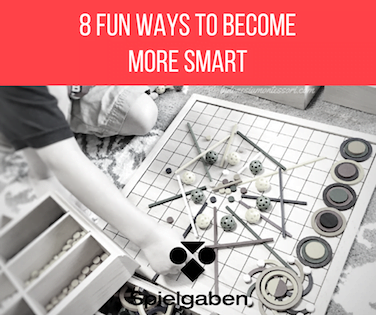
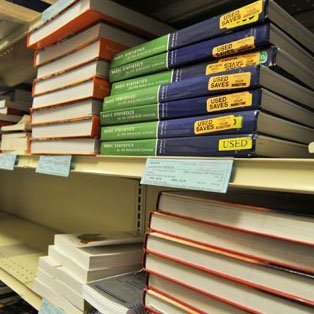

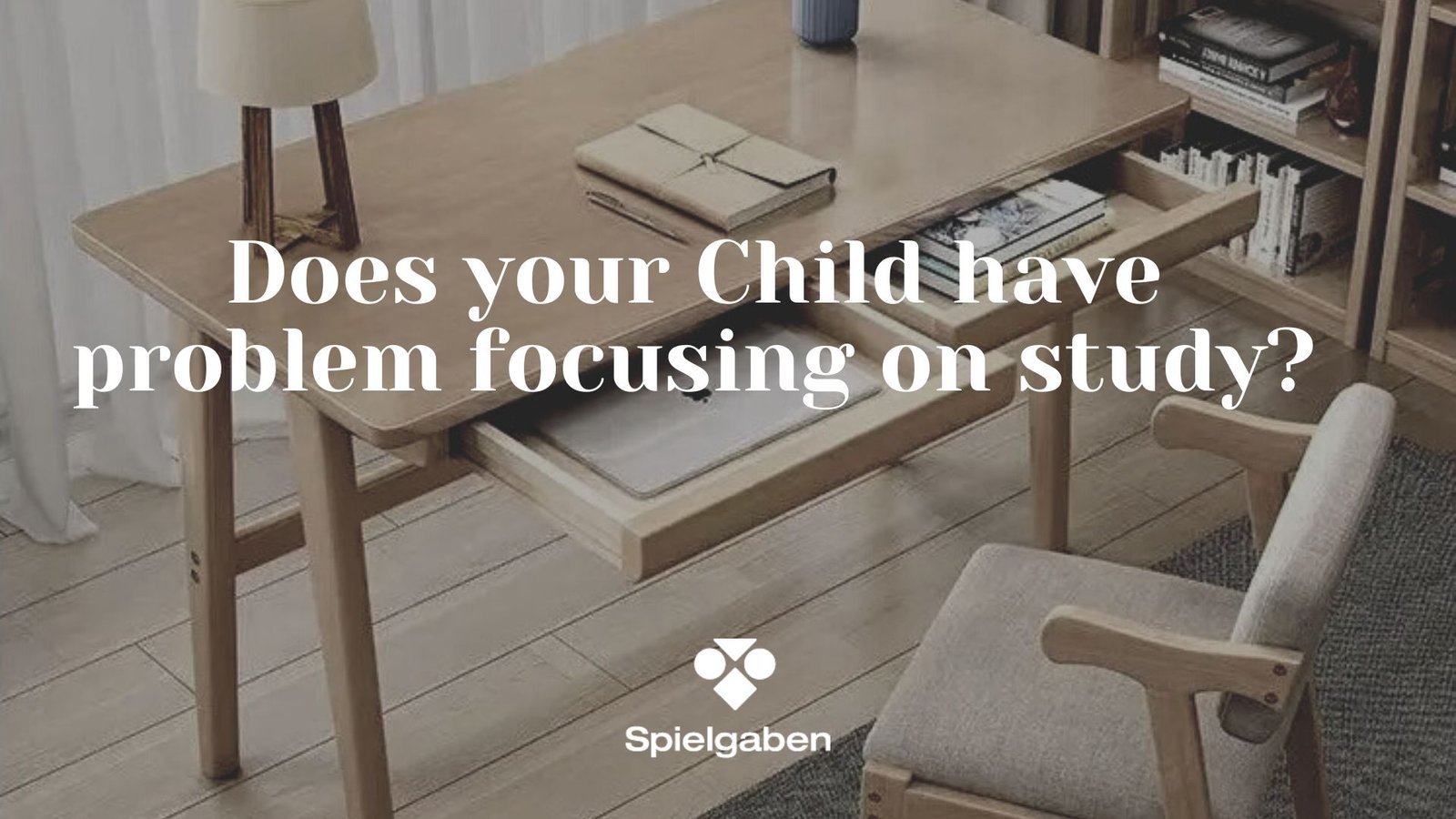

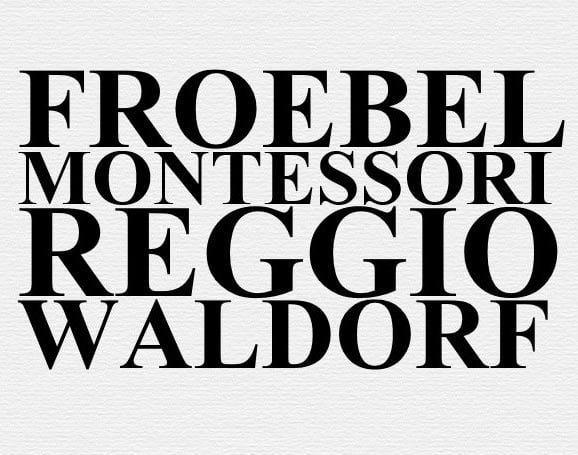
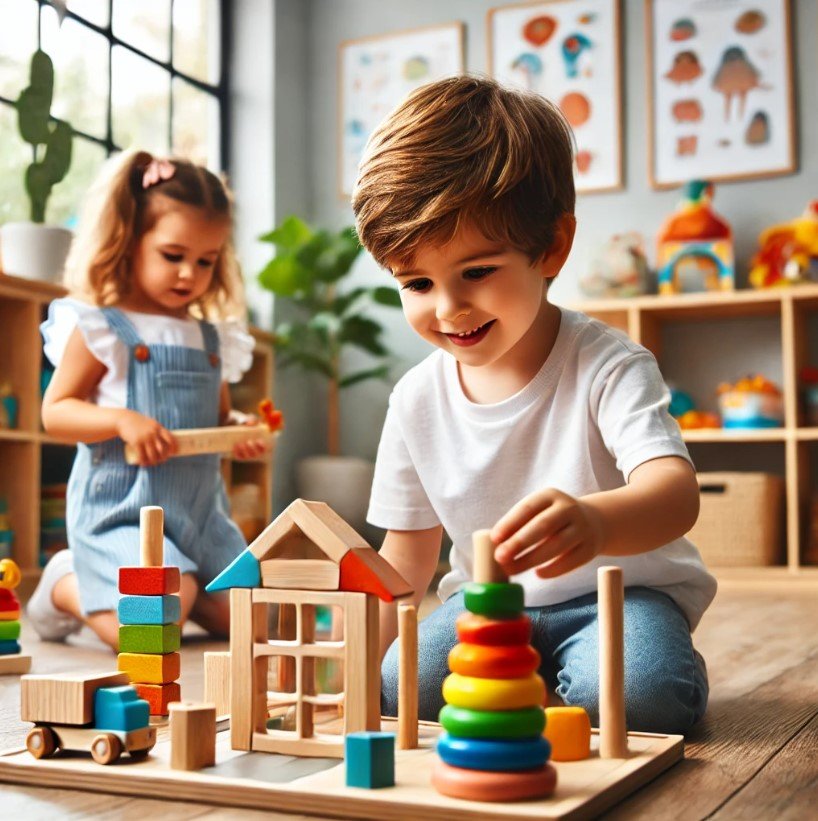
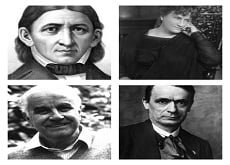



Comments (2)
[…] inspirasi dari bapak penemu taman kanak-kanak , seorang pendidik asal Jerman bernama Friedrich Frobel. Froebel menyusun kegiatan untuk anak usia dini di tahun 1800 an yang sampai sekarang di kenal […]
[…] inspirasi dari bapak penemu taman kanak-kanak , seorang pendidik asal Jerman bernama Friedrich Frobel. Froebel menyusun kegiatan untuk anak usia dini di tahun 1800 an yang sampai sekarang di kenal […]